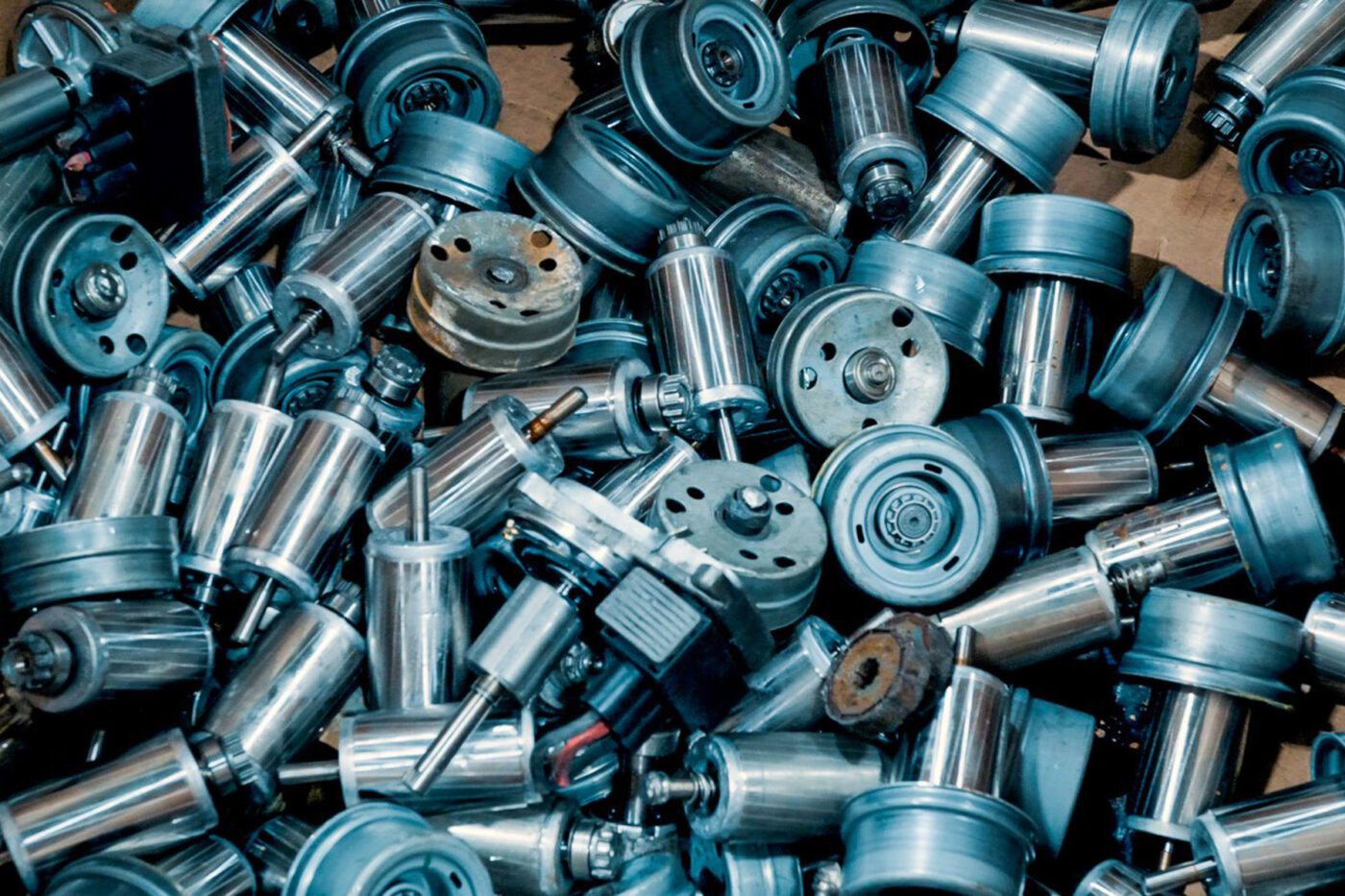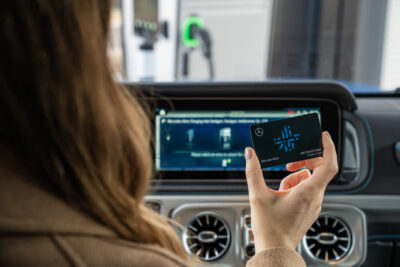China allows rare earth exports with licences
According to the Chinese publication Caixin, three leading Chinese rare earth magnet companies confirmed they recently received export licenses from the Ministry of Commerce, enabling them to resume shipments to customers in Europe and North America. These approvals fall under China’s “one batch, one license” rule, which requires separate permits for each shipment because of varying metal content.
On Wednesday last week, Chinese state media reported that the country could relax its restrictions on rare earths exports for Chinese and European semiconductor firms, following meetings between industry and the Ministry of Commerce. On Friday just passed, the foreign ministry spokesperson Lin Jian said, “We stand ready to strengthen dialogue and cooperation in the field of export control with relevant countries and regions and stay committed to maintaining the stability of global production and supply chains,” when asked by Reuters about the controls.
Rare earths and the magnets made from them are commonly used for electric motors, defence technology, loudspeakers, batteries, electronics, and steering parts. China has specialised in extracting and processing rare earths since the 1970s and now effectively controls around 90 per cent of worldwide production. The changed requirements for rare earth exports from China followed the announcement of exceptionally high tariffs on Chinese exports into the US by President Donald Trump. China’s response to institute export licences for 17 rare earths and specialist magnets initially meant a total export stop, since the bureaucratic processes have taken some time to put in place.
Licenses have, as yet, only been granted to a handful of companies. While German carmakers have already received imports, Indian automotive companies have yet to even receive licences. Indian companies say that rapidly depleting stock and a demanding process of obtaining new supplies will soon result in production stops.
“Starting end May or early June, auto industry production is expected to come to a grinding halt,” Indian automaker SIAM recently stated in a document presented during a meeting attended by executives from Maruti Suzuki, Mahindra & Mahindra and Tata Motors.
Even with licences now granted to some Western companies, “In four to six weeks, the last stocks are likely to be used up. Then parts of production will have to be stopped,“ said Christian Grimmelt, Partner at the management consultancy Berylls by AlixPartners, to German automotive trade magazine Automobilwoche. The raw materials expert said that serious consequences may result: “This could jeopardise the ramp-up of electromobility in Europe.”
The shortage is already costing companies a lot of money: “The rare earths in question cost 40 to 50 per cent more than a few months ago,” said Grimmelt. For investors, there may be money to be made for those betting on the German carmaking giants Volkswagen, BMW and Mercedes-Benz, who have been granted licences.
According to German trade magazine Wirtschafts Woche, the German carmakers that have been granted licences still responded to questions about rare earths with caution. “Due to the great complexity and volatility, it is difficult to make reliable predictions based on speculation,” commented a Mercedes spokesperson. Mercedes is “observing and evaluating” current developments in rare earth export licences very closely: “However, a lot is currently in flux, which is why it is difficult to make more concrete statements at this time.”
The Volkswagen Group, which includes the Audi and Porsche brands, stated, “At present, the supply of components containing rare earths is stable and there are no bottlenecks. A spokesperson said the Group’s suppliers are “continuously working together with their sub-suppliers to obtain the necessary export licenses.”
Although China has used its dominance in rare earths before, the automotive industry has drawn few conclusions from previous shortages, said raw materials expert Grimmelt. He explained that the situation is now all the more complicated as a result. “Higher stock levels are always a cost factor. And getting into recycling is also costly and takes several years before a new supply chain can be created,” he explained.
While German carmakers have endeavoured to manufacture products that do not rely on rare earths and the resulting magnets, the German car industry is still at risk due to its large supply of electric cars and other electric vehicles.
wiwo.de (in German, with paywall), caixinglobal.com (paywall), reuters.com





0 Comments